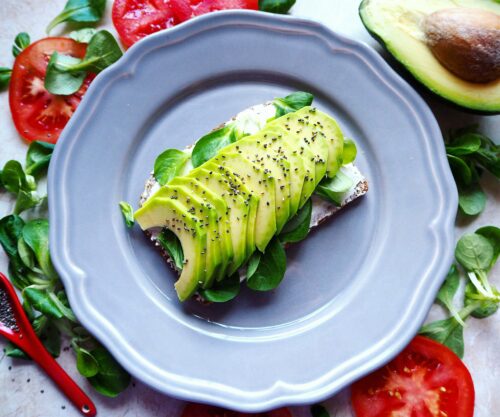
Although some fruits contain fibre and nutrients that are considered good for our health, they do, however, contain a considerable amount of natural sugar.
WebMD lists a few fruits containing the most sugar:
Mangoes: This delicious fruit has 46 grams of sugar in it. Instead of eating a whole mango, consider cutting them up into slices and saving some for later.
Grapes: A cup of grapes has close to 23 grams of sugar. Try slicing them in half and freezing them. This way, you will eat the grapes more slowly.
Watermelon: A popular and enjoyable summer fruit, a medium wedge of watermelon contains 17 grams of sugar. It is best to eat just a slice or two.
Bananas: One of these medium on-the-go snacks can contain 14 grams of sugar. If you are looking to have less, slice half of the banana and add it to your cereal.
Figs: Two medium-sized figs will have about 16 grams of sugar. If you need to consider your sugar levels, try slicing a few figs and spreading them with goat cheese for that added protein.
Here are a few fruits with less sugar, also provided by the publication:
Avocados: Yes, avocados are fruit, and a whole one has only 1.33 grams of sugar. However, they are high in calories.
Strawberries: One cup of whole strawberries – which are not actually berries – only has 7 grams of sugar in it.
Raspberries: Also, not considered berries, raspberries contain 8 grams of fibre per cup and only 5 grams of sugar. The fibre is good for digestion and helps to fill you up with fewer calories.
Guavas: This tasty fruit has 5 grams of sugar and 3 grams of fibre. You will get even more of the latter if you add guava skin to your smoothies.
Sweet melon: A single medium wedge of sweet melon packs a surprising 5 grams of sugar and only 23 calories. If you are wanting to add flavour, enjoy it with some cottage cheese or a sprinkle of salt.
Also see: Why you should make your own jam




